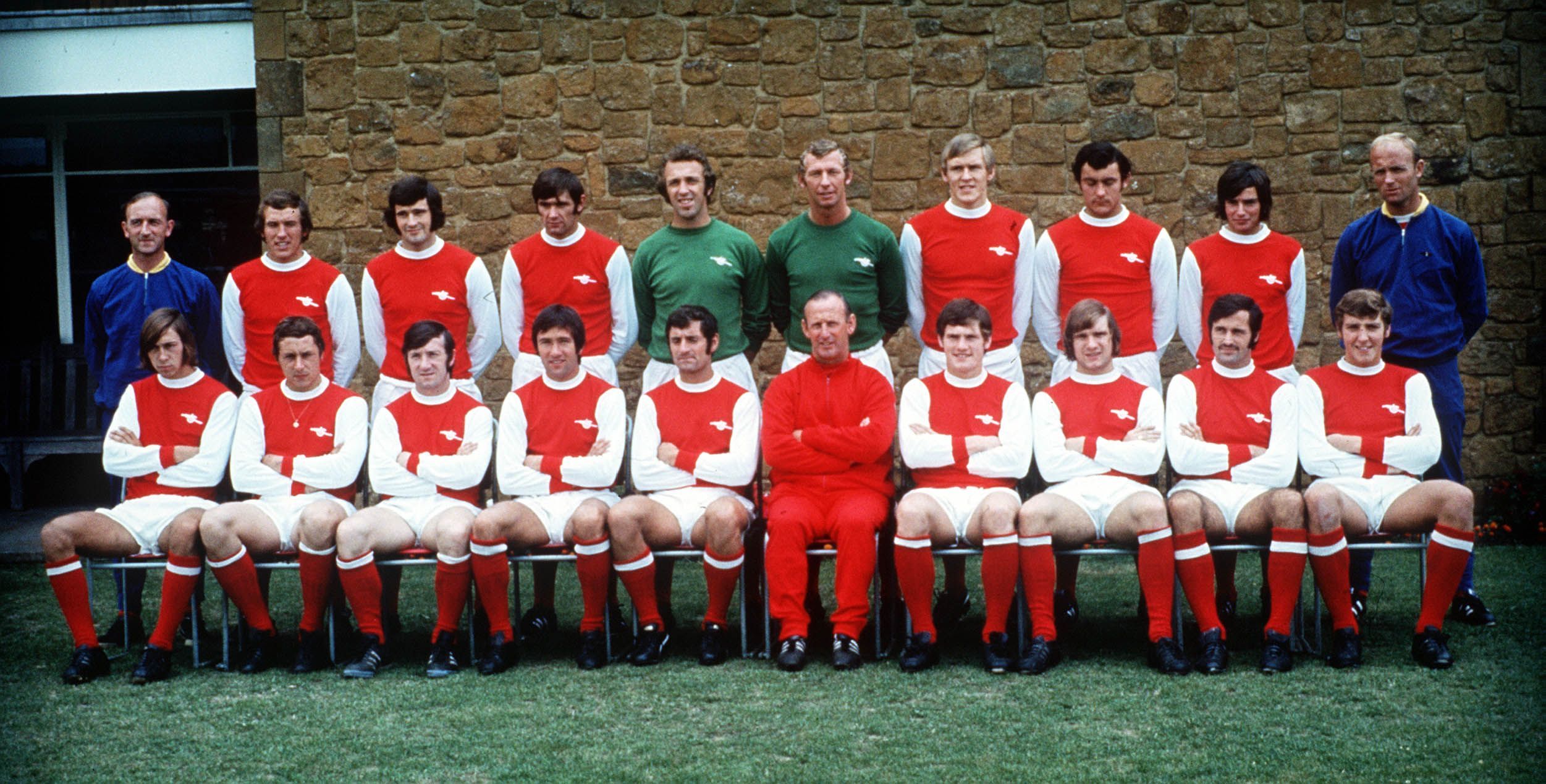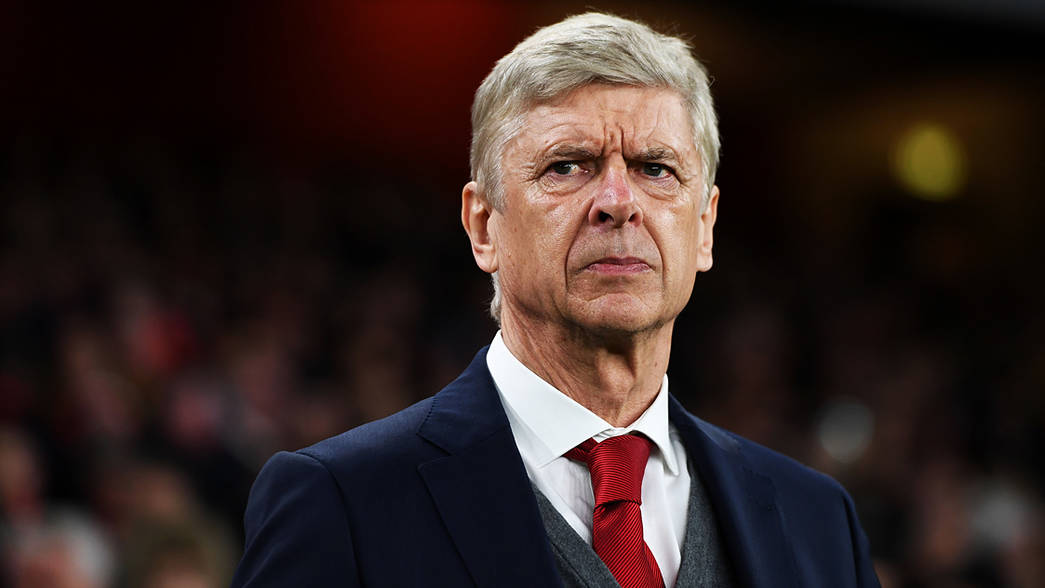Arsenal Football Club has a rich history filled with legendary players, unforgettable moments, and a deep-rooted cultural impact on the football world. In this blog, we will explore the club's captivating journey from its inception to its recent resurgence in the 2022-23 Premier League season, led by Saka, Martinelli, and Odegaard. How the Premier League toppers have maintained the lead over their rivals in the 2022-23 season. Furthermore, we will highlight the club's cultural significance and its influence on football lovers.
A Brief History of Arsenal Football Club
Football • 21 Apr, 2023 • 8,623 Views • ⭐ 5.0
Written by Shivani Chourasia

The Birth of a Football Club

Established in 1886 as Dial Square by a group of workers at the Royal Arsenal in Woolwich, Arsenal has since evolved into one of England's most iconic and successful football clubs. The team changed its name to Royal Arsenal and later, Woolwich Arsenal, before finally adopting "Arsenal" in 1914. Over the years, the club has earned a reputation for its attacking football style and dedication to nurturing young talents.
Early Successes and The Arrival of Herbert Chapman

Arsenal's first significant triumph came with the First Division title in the 1930-31 season. This victory ushered in a dominant era in English football during the 1930s, steered by the innovative manager Herbert Chapman. Chapman's groundbreaking tactics and training methods propelled the team to multiple First Division titles and FA Cups.
The Wenger Era

Undoubtedly, the most renowned period in Arsenal's history is the tenure of manager Arsène Wenger, who assumed the role in 1996. Wenger's arrival marked a revolution not just for the club, but also for English football as a whole. He introduced a fresh playing style centered around possession, intricate passing, and fluid movement. Under Wenger's leadership, Arsenal clinched three Premier League titles, including the legendary "Invincibles" season in 2003-04 when the team went unbeaten in the league.